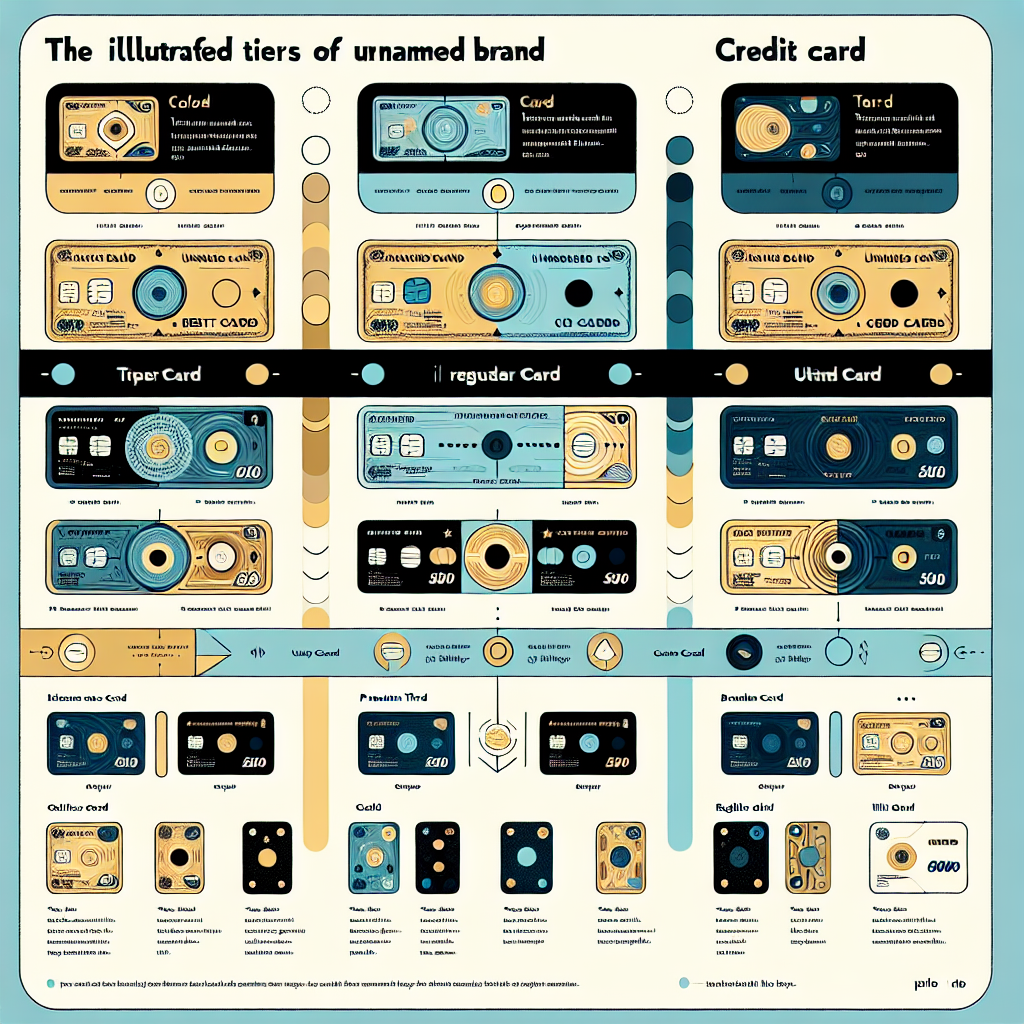The most massive wave of riches ever witnessed is gearing up to flow from baby boomers over the upcoming two decades, profoundly shaping the lives of those slated to receive it. Termed The Great Wealth Transfer, this seismic shift involves approximately $84 trillion changing hands from older Americans to Generation X and millennials. If handled with savvy and foresight, the younger crowd could bolster their fortunes and lock down lifelong financial stability.
Navigating the Great Wealth Transition
“Getting ready for this gargantuan transfer calls for meticulous planning and sharp strategy, whether you’re on the side passing down the assets or the one cashing in,” explains Nicholas Yeomans, CFP and president of Yeomans Consulting Group near Atlanta.
Both generations must collaborate to make sure the wealth lands exactly where intended—while dodging heavy tax burdens. Prospective heirs eyeing a slice of this booming legacy should seriously weigh the help of a seasoned financial guide.
How Monumental Is This Wealth Handoff?
The Great Wealth Transfer is not just a buzzword – it’s happening right now, with baby boomers holding near half the nation’s net worth gearing up to pass the baton. Many Americans still have ample runway to sort out their finances, ensuring both themselves and their inheritors thrive down the road. Yet, it’s high time for Gen Xers (1965-1980) and millennials (1981-1996) to map out their approach to this unprecedented financial pivot.
According to the New York Times, the lion’s share of this fortune will funnel through the richest 10% of Americans. In fact, the wealthiest one percent collectively control as much as the bottom 90%, while the lowest 50% hold a mere 8% of the wealth.
| Top 1% | ~39% |
| Top 10% | ~70% |
| Bottom 50% | 8% |
No matter your financial rung, the goal is to channel those assets exactly where intended—and shield them from needless tax erosion. This is where skilled financial advisors step in, guiding older generations to preserve and pass on wealth thoughtfully.
Turning Real Estate Into Revenue Streams
Inheriting property can open doors to ongoing income or provide a roof over your head, often covering the heftiest expense most people face. A competent advisor can help transform these tangible assets into sustainable revenue flows that secure financial comfort for the long haul.
Choosing the Right Advisor: What to Look For
Seasoned professionals have weathered countless wealth transfer storms and understand how to steer clear of both legal entanglements and emotional landmines. Whether your inheritance is modest or substantial, the consensus is clear—you need an estate plan.
But it’s not just about having a plan; it’s about making sure your assets are properly titled within trusts if you want them to enjoy their protections. Accounts with named beneficiaries can override trust instructions, so compiling a detailed inventory and ensuring correct registration within trust frameworks is crucial.
Clear communication with future heirs is another pillar of smooth wealth transition. Advisors stress the importance of transparency to avoid surprises and strife down the line.
“Openly sharing your plans with beneficiaries—especially those with children—is essential,” advises Eric Bond, president of Octave Wealth Management in Long Beach. “These talks may be tough, but they’re vital. Once you’re gone, your arrangements become set in stone. Addressing small snags now prevents headaches for your kids later.”
Starting the Conversation Early
Initiating these dialogues isn’t a one-way street; younger heirs should also take the lead in discussing where key accounts and documents reside. Bond suggests keeping it straightforward: no need to divulge account balances, just where the paperwork lives, how it’s registered, and who the beneficiaries are. This clarity makes access effortless when the time comes.
Complexities Demand Expertise
Estate planning can be a labyrinth, requiring deep knowledge about shielding and expanding wealth. Certified financial planners bring invaluable insight to craft comprehensive strategies aligned with your family’s goals and values.
“Families should consider partnering with professionals to create integrated financial, tax, and estate blueprints tailored to long-term aspirations,” Yeomans emphasizes.
Getting Ahead of Common Pitfalls
“The biggest misstep heirs make is neglecting proactive planning,” says Bond. “Too often, inherited funds are frittered away or invested poorly, instead of being put to work.”
Unexpected tax bills are a frequent drain, but with clever planning, more wealth stays in beneficiaries’ hands. For seniors, tools like trusts or gifting strategies may help heirs sidestep hefty tax hits.
Even absent complex tactics, understanding fundamental tax issues—like the step-up in cost basis—is vital. This provision resets the inherited asset’s taxable value to its market worth at death, potentially saving everyday Americans hundreds of thousands of dollars. Unfortunately, poor timing or decisions can forfeit this advantage.
“Imagine inheriting property worth more than when the original owner bought it,” Bond explains. “The step-up basis refreshes that value to today’s price, slashing capital gains taxes if you sell afterward.”
Waiting to sell inherited assets can translate into serious tax savings, and a savvy advisor can help design investment plans to build wealth across generations.
Time to Act: Why Early Planning Pays Off
With an astronomical amount of wealth in transit, starting your preparations now is the smartest move. Thoughtful estate planning not only helps the older generation pass assets efficiently but also empowers younger ones to multiply wealth over time, turning even modest inheritances into life-changing legacies.






